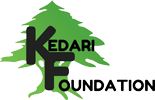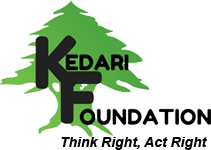Introduction
Humanitarian funding has significantly grown over the past 10 years, but so have humanitarian needs. While it is widely accepted that more resources are necessary, humanitarians also recognise that responses ought to be more effective. This requires both process improvement, and a more substantial rethink of how the humanitarian community identifies and responds to needs. We all can play a role in ensuring that those issues are addressed during the World Humanitarian Summit. To achieve this, we need ambitious new proposals as well as the courage to remove often bureaucratic obstacles that have undermined the implementation of past reforms. Taking a quality and accountability approach in this discussion requires humanitarian stakeholders to consider what effectiveness means to communities affected by crisis, not just to donors or humanitarian organisations. This section summarises some of the key areas the CHS Alliance believes to be essential to more effective, accountable humanitarian action and for which we are willing to develop, together with our members, more detailed, actionable proposals. A consistent, verifiable approach to quality and accountability As humanitarian response becomes increasingly coordinated and reform agendas mobilise multiple stakeholders, quality and effectiveness need to be unpacked and made actionable in a coherent framework promoting a common language and approach. The Core Humanitarian Standard on Quality and Accountability does just that. It addresses a large proportion of emerging WHS recommendations – not least because it was written with the people affected by crises in mind. Additionally, by incorporating the OECD-DAC criteria for evaluating humanitarian action as an integral part of the Standard, the nine commitments provide structured guidance for programming that delivers impact.
The CHS Alliance encourages humanitarian organisations, donors and governments to endorse the Core Humanitarian Standard and integrate its principles and nine commitments in their policies and handbooks. Should donors match their reporting requirements to the effectiveness drivers included in the CHS commitments, and systematically acknowledge through their funding that quality assurance processes incur costs in the same way that compliance mechanisms do, then such integration would be widespread.
We know only too well that people management at all levels is central to a humanitarian response. When an organisation doesn’t manage its people using the same quality and accountability standard that it expects them to use when interacting with affected communities, it will lose qualified staff, demotivate others, and face issues such as staff turnover and lack of continuity. This is why the CHS Alliance encourages organisations who commit to applying the CHS to also uphold its commitments with regards to their own staff.
Download the full report here






Leave a Reply